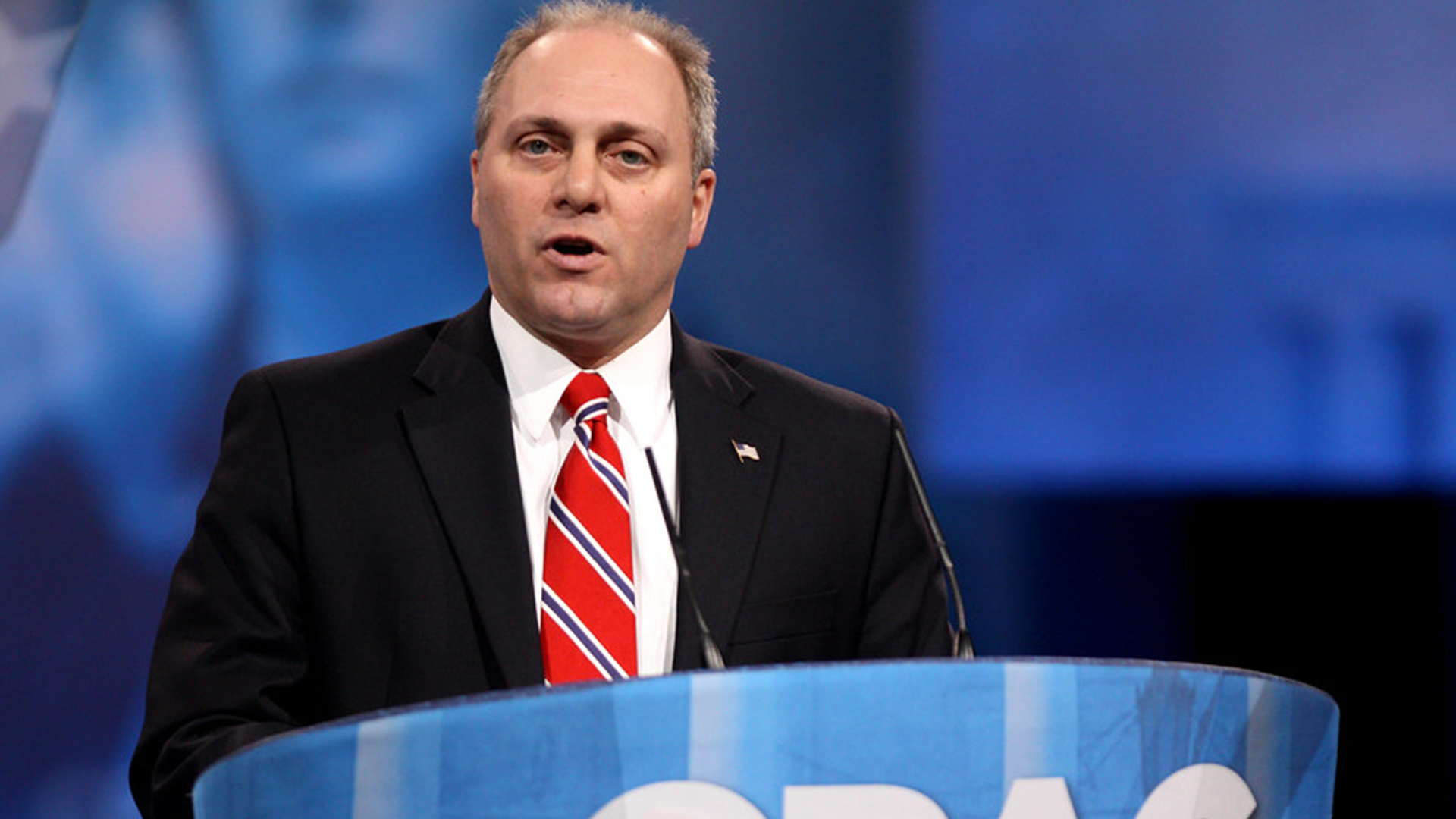
Steve Scalise Works to Secure Votes in the US House Amid Uncertainty
In a private party vote, Republicans have chosen to support Steve Scalise as the next Speaker of the House of Representatives. However, it remains uncertain whether he has garnered enough support to secure an overall majority in the chamber.
Steve Scalise, 58, triumphed over hardliner Jim Jordan in the party vote, and he now faces the challenge of unifying the divided Republican representatives and securing the majority’s backing.
With a slim majority, Scalise can only afford to lose the support of five party members. The timing of the vote in the House remains unclear, but it will require a simple majority of 217 votes for Scalise to secure the position of Speaker.
If he successfully attains the majority, Steve Scalise will become Speaker, thereby ending the recent gridlock within the lower chamber of Congress. The turmoil began when Kevin McCarthy was removed from his position by hardliners within the Republican party.
The Republican party has been grappling with internal conflicts in recent weeks and appeared unable to reach a consensus on McCarthy’s replacement. Scalise’s narrow victory in the closed-door vote, with 113 votes to 99, underscores the deep divisions within the party. Some lawmakers remain skeptical about whether he can muster the necessary votes for the position.
Several Republican representatives, including Kentucky’s Thomas Massie, expressed their opposition to Scalise, citing disagreements over budget handling. Massie stated that he believes at least 20 other Republicans will vote against Scalise, far exceeding the five-vote margin he can afford to lose. Representatives Boebert, Marjorie Taylor Greene of Georgia, and Anna Paulina Luna of Florida have also voiced their intention not to vote for Scalise.
Texas Congressman Chip Roy has declared himself a “hard no” due to his belief that the vote was rushed to the floor, and he asserted that there are numerous votes in question for Steve Scalise. Scalise, a more traditional candidate, has climbed the party’s leadership ranks, established a reputation as a formidable fundraiser, and cultivated connections with a wide range of interest groups and constituencies.
After the private vote, Scalise emphasized the importance of filling the Speaker role in an increasingly “dangerous world” and stressed the need to send a message that the House is open.
Jim Jordan, an outsider in the race known for his conservative television appearances and confrontational speeches, was endorsed by former President Trump but fell short in the end.
Troy Nehls of Texas, one of the anti-Scalise Republicans, cited Trump’s endorsement as a reason for supporting Jim Jordan, emphasizing that it was in line with Trump’s preference.
Scalise’s victory reveals that, behind closed doors with secret ballots, the former president’s influence within the party, at least in the House of Representatives, is not as strong as his popularity in polls might suggest.